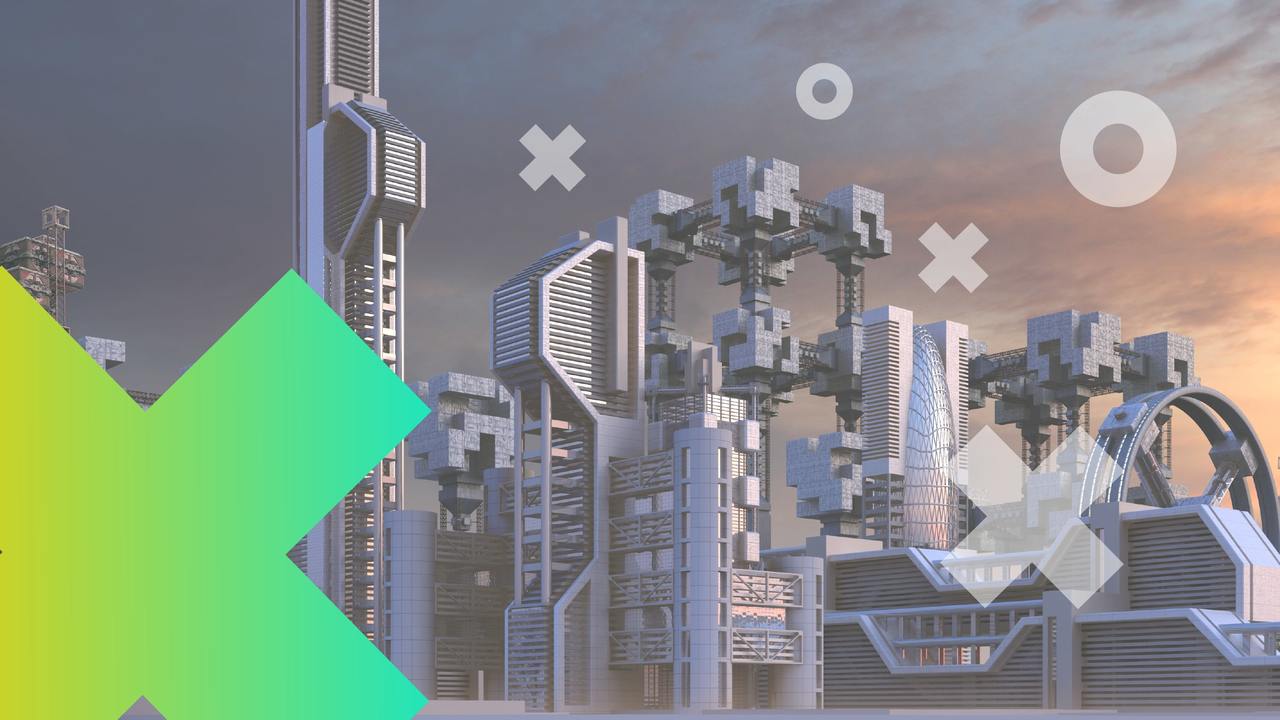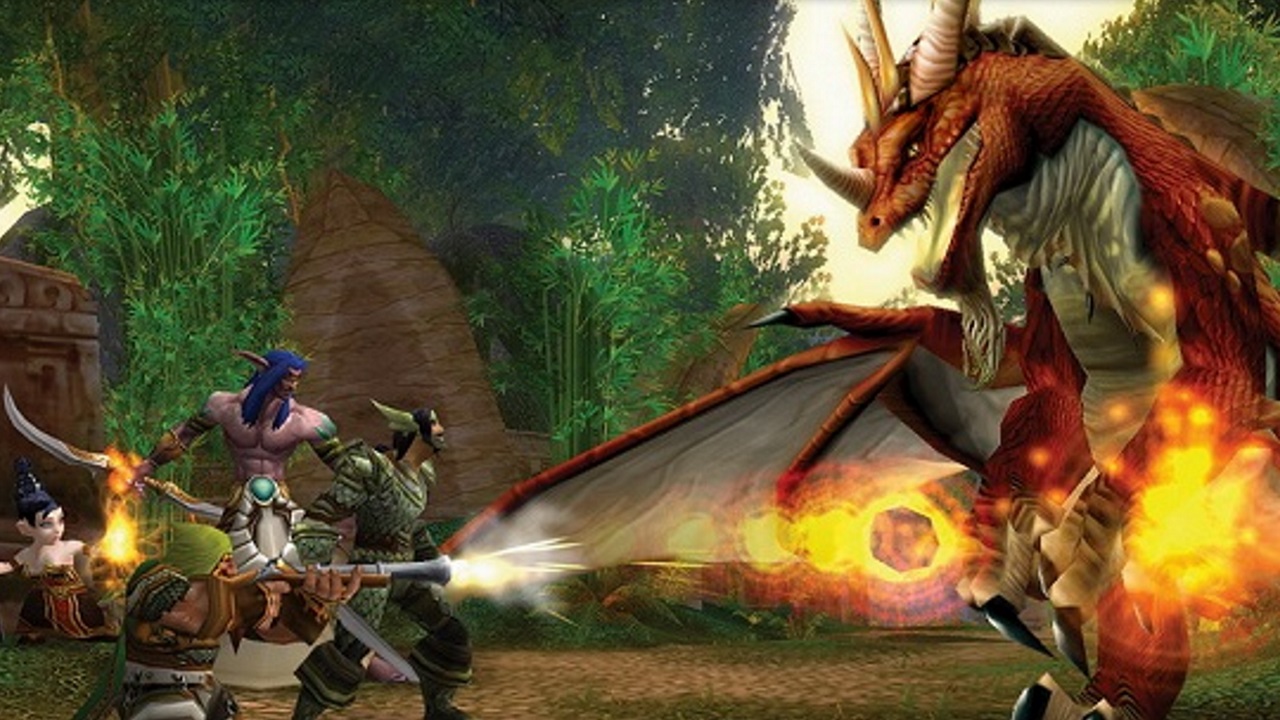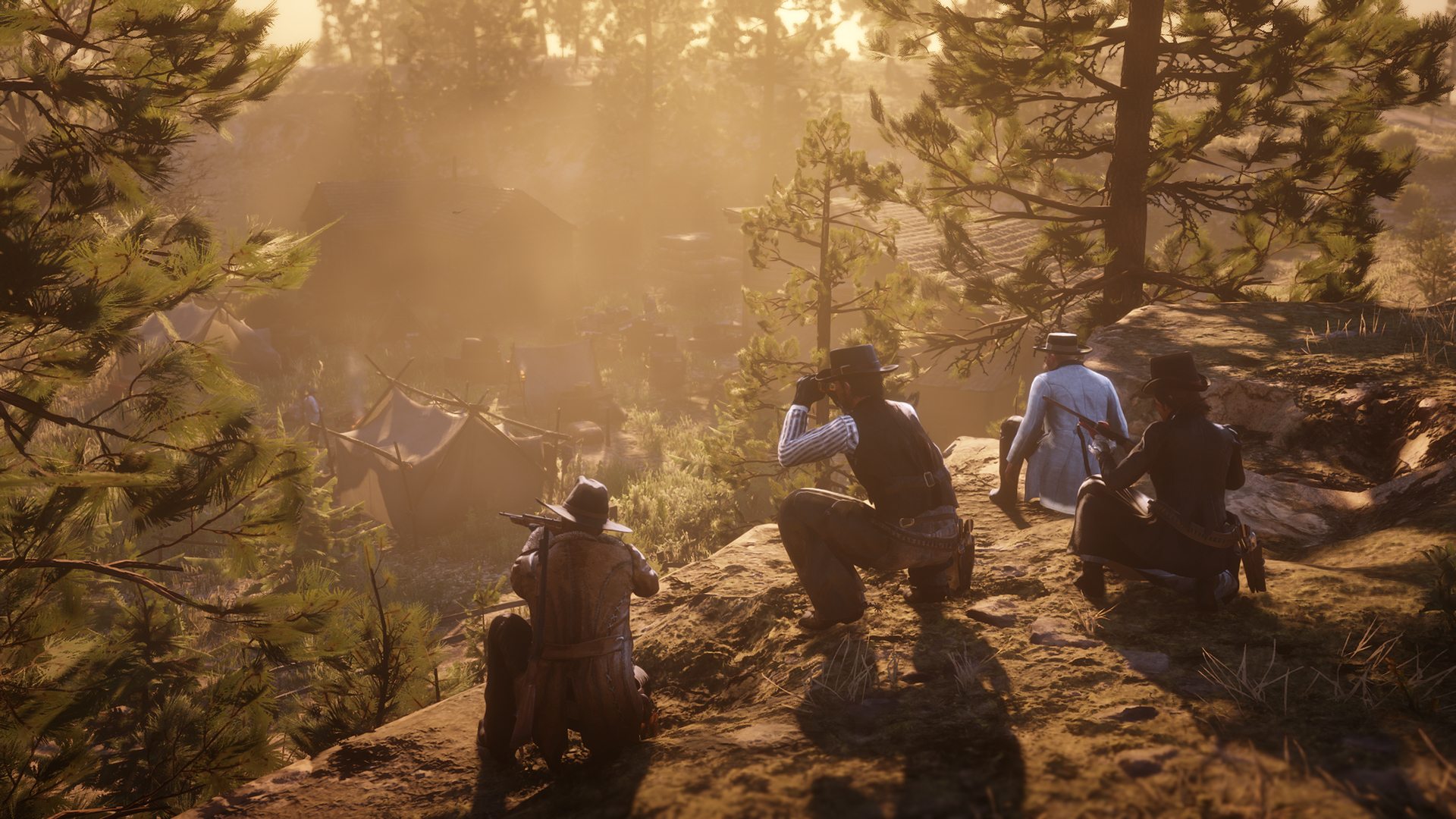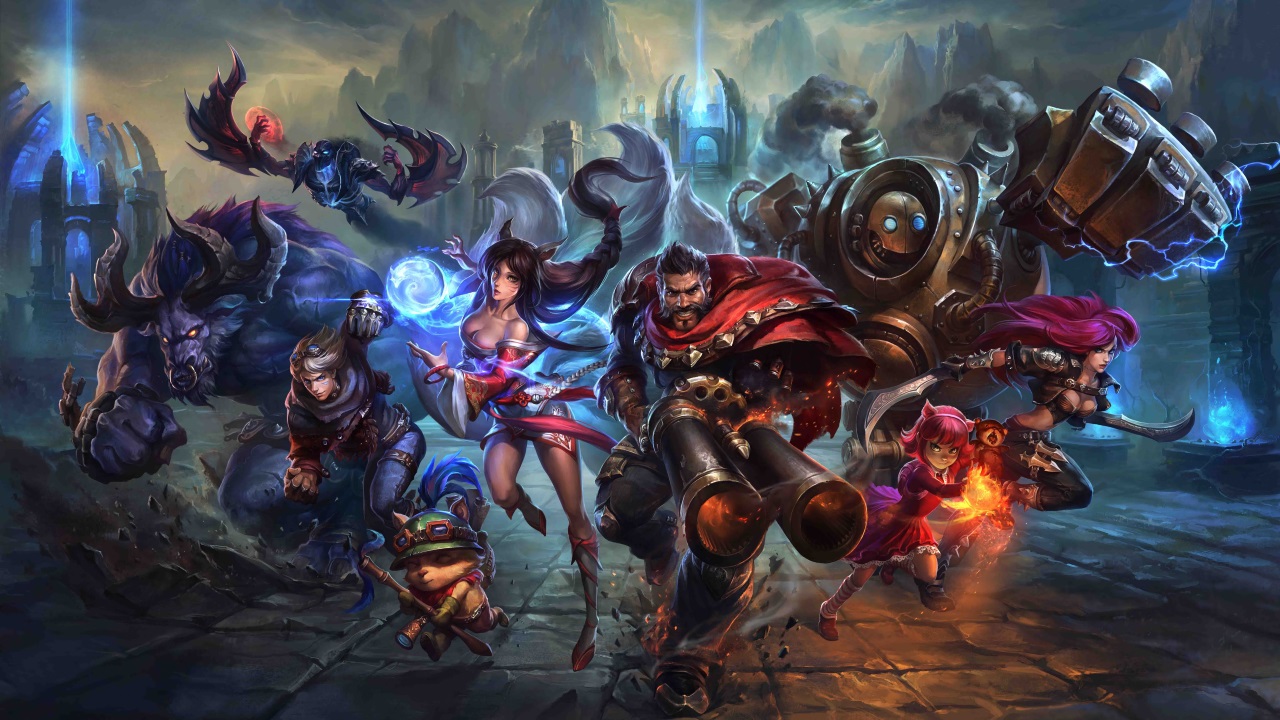
Ever thought about how quickly the gaming industry has evolved because of new technology? Playing chess online in 1995 meant connecting through a screeching modem. Five years later, you could seamlessly play 5v5 Counter-Strike matches. Then came the smartphone, and Angry Birds went viral. Next, game developers experimented with new revenue models. Enter Fornite and its freemium model.
All this happened in a relatively short period of time. Game developers are incentivised to make their game stand out, and thus experiment with new technology. This is no different for blockchain. Although technically only a list of records linked cryptographically, it gives developers exciting new ways of doing things. Here’s just things that blockchain can and will make possible.
Virtual achievements, real world value

How many items do you think you’ve collected in your gaming lifetime? Many thousands, I’m sure, and some of them so valuable you still fondly remember the moment you found them. But while these items might be valuable in-game, they’re worthless outside of the game. You can’t go to an ATM and withdraw your World of Warcraft gold coins.
That’s where a decentralized game (a DGame), or a game that runs on a blockchain, differs. In-game items have an underlying, real-world value. You can exchange those items for a token that you might want to sell for real money. And we’re not talking pennies either. Last year, someone sold a CryptoKitty for $170,000. Have a look at DGaming’s industry report for some of the numbers. They’re big.
Full ownership of in-game items

The above only works because blockchain allows you to have full ownership over your items. What you collect is entirely yours. No one can take it away and its properties can’t be messed with, so you’re not at risk of a new patch suddenly making your little pet dragon less powerful.
Additionally, you can trade your items securely and directly with another player. You don’t need to trust a third party platform to do the trade, and you don’t even need to trust the other party. Transactions are only verified when both parties have done their end of the deal. While this might not be that relevant if you’re selling your grubby cloak for $3, talk to me again when you’re selling that legendary staff for $2,500.
Improved social dimensions

Blockchain technology is decentralized, which means it requires a sizeable group of people to mine blocks and verify transactions. This immediately creates a community around a game. And you need that community, because who are you going to trade your items with otherwise?
Gaming is better when you can do it together, and blockchain adds a social dimension to gaming that it hasn’t seen before. Because items are unique and have value, a ‘top grossing players’ list could be made. And wouldn’t you want to share the story of the legendary white steed you saw last week, that’s worth $1,000 and is still uncaptured?
The gaming multiverse

Your spear in one DGame can be a pistol in the other. That’s right, if two games run on the same blockchain, what you gather in one game can be transferred to the other. So if you find a bazooka in one game and you know you need a heavy damage weapon in the other game, you can exchange your bazooka for the other game’s equivalent of a heavy damage weapon.
As such, the time you spend collecting items and gathering experience won’t just have monetary value, it will also have cross-brand value in the other games running on that blockchain. This gives developers the opportunity to create true gaming multiverses, connected together through the assets that you can transfer between them!
Blockchain is an important step forward in gaming technology. It gives digital assets monetary value, puts the gamer in control, and allows developers to connect games in a way that was impossible before. It’s a technology that will make the gaming world much richer than it was before.
You can check out DGaming.com to keep up with the latest news and growing possibilities in the DGaming industry.
Weekly digests, tales from the communities you love, and more


